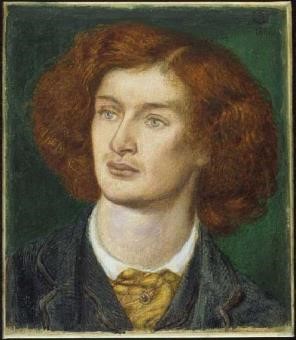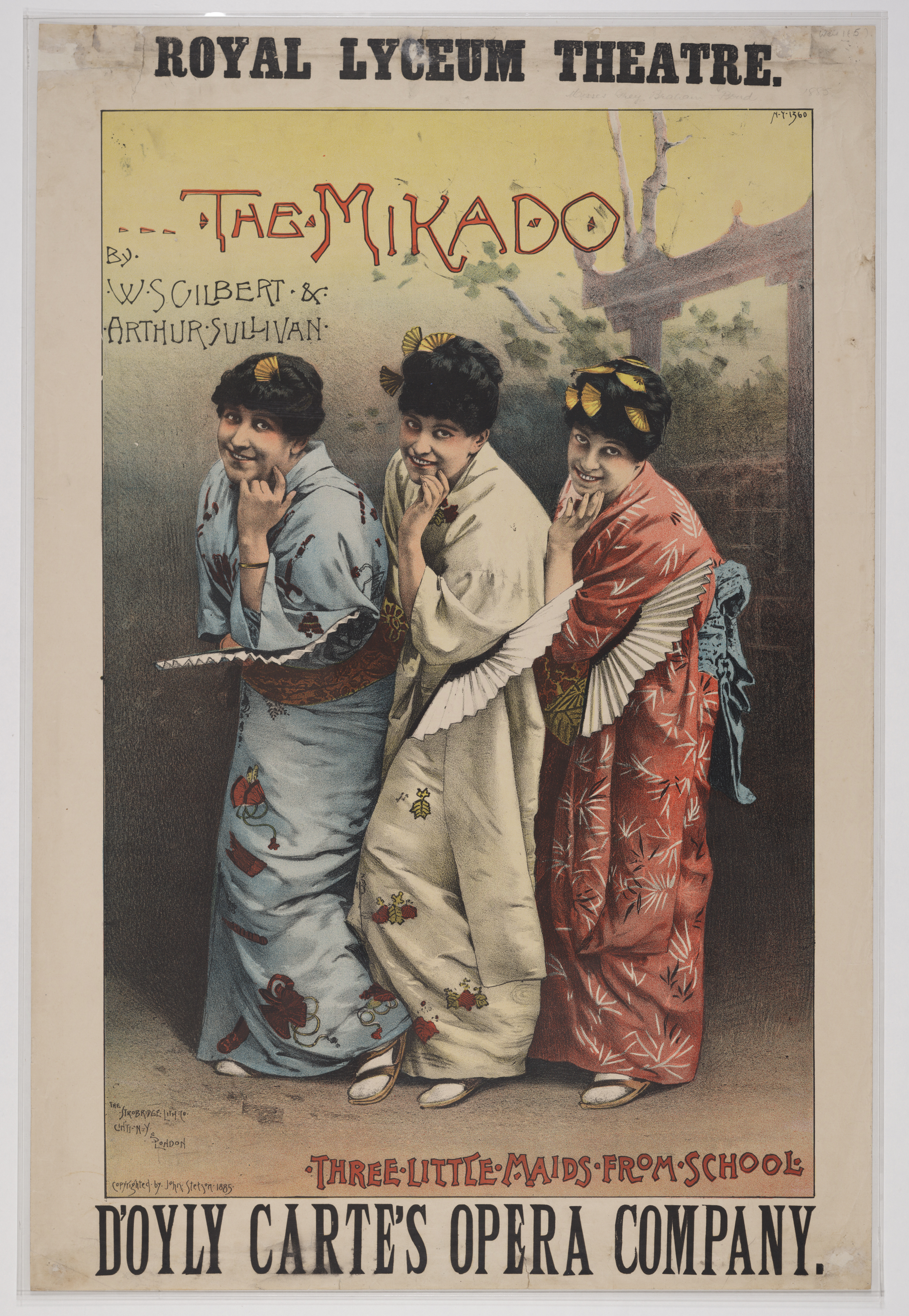|
The Triumph Of Time
"The Triumph of Time" is a poem by Algernon Charles Swinburne, published in ''Poems and Ballads'' in 1866. It is in adapted ottava rima and is full of elaborate use of literary devices, particularly alliteration. The theme, which purports to be autobiographical, is that of rejected love. The speaker deplores the ruin of his life, and in tones at times reminiscent of ''Hamlet'', craves oblivion, for which the sea serves as a constant metaphor. See also *''Poems and Ballads ''Poems and Ballads, First Series'' is the first collection of poems by Algernon Charles Swinburne, published in 1866. The book was instantly popular, and equally controversial. Swinburne wrote about many taboo topics, such as lesbianism, sado-ma ...'' Notes External links Complete text of the poem {{DEFAULTSORT:Triumph Of Time [...More Info...] [...Related Items...] OR: [Wikipedia] [Google] [Baidu] |
Algernon Charles Swinburne
Algernon Charles Swinburne (5 April 1837 – 10 April 1909) was an English poet, playwright, novelist, and critic. He wrote several novels and collections of poetry such as ''Poems and Ballads'', and contributed to the famous Eleventh Edition of the ''Encyclopædia Britannica''. Swinburne wrote about many taboo topics, such as lesbianism, sado-masochism, and anti-theism. His poems have many common motifs, such as the ocean, time, and death. Several historical people are featured in his poems, such as Sappho ("Sapphics"), Anactoria ("Anactoria"), and Catullus ("To Catullus"). Biography Swinburne was born at 7 Chester Street, Grosvenor Place, London, on 5 April 1837. He was the eldest of six children born to Captain (later Admiral) Charles Henry Swinburne (1797–1877) and Lady Jane Henrietta, daughter of the 3rd Earl of Ashburnham, a wealthy Northumbrian family. He grew up at East Dene in Bonchurch on the Isle of Wight. The Swinburnes also had a London home at Whitehall G ... [...More Info...] [...Related Items...] OR: [Wikipedia] [Google] [Baidu] |
Poems And Ballads
''Poems and Ballads, First Series'' is the first collection of poems by Algernon Charles Swinburne, published in 1866. The book was instantly popular, and equally controversial. Swinburne wrote about many taboo topics, such as lesbianism, sado-masochism, and anti-theism. The poems have many common elements, such as the Ocean, Time, and Death. Several historical persons are mentioned in the poems, such as Sappho, Anactoria, Jesus ('' Galilaee'', La. "Galilean") and Catullus. Poems *A Ballad of Life *A Ballad of Death * Laus Veneris *Phædra *The Triumph of Time *Les Noyades *A Leave-Taking *Itylus *Anactoria *Hymn to Proserpine *Ilicet *Hermaphroditus *Fragoletta *Rondel *Satia te Sanguine *A Litany *A Lamentation *Anima Anceps *In the Orchard *A Match *Faustine *A Cameo *Song before Death *Rococo *Stage Love *The Leper *A Ballad of Burdens *Rondel *Before the Mirror *Erotion *In Memory of Walter Savage Landor *A Song in Time of Order. 1852 *A Song in Time of Revolution. 1860 * ... [...More Info...] [...Related Items...] OR: [Wikipedia] [Google] [Baidu] |
Ottava Rima
Ottava rima is a rhyming stanza form of Italian origin. Originally used for long poems on heroic themes, it later came to be popular in the writing of mock-heroic works. Its earliest known use is in the writings of Giovanni Boccaccio. The ottava rima stanza in English consists of eight iambic lines, usually iambic pentameters. Each stanza consists of three alternate rhymes and one double rhyme, following the ABABABCC rhyme scheme. The form is similar to the older Sicilian octave, but evolved separately and is unrelated. The Sicilian octave is derived from the medieval strambotto and was a crucial step in the development of the sonnet, whereas the ottava rima is related to the canzone, a stanza form. History Italian Boccaccio used ''ottava rima'' for a number of minor poems and, most significantly, for two of his major works, the ''Teseide'' (1340) and the '' Filostrato'' (c. 1335). These two poems defined the form as the main one to be used for epic poetry in Italian for ... [...More Info...] [...Related Items...] OR: [Wikipedia] [Google] [Baidu] |
Alliteration
Alliteration is the conspicuous repetition of initial consonant sounds of nearby words in a phrase, often used as a literary device. A familiar example is "Peter Piper picked a peck of pickled peppers". Alliteration is used poetically in various languages around the world, including Arabic, Irish, German, Mongolian, Hungarian, American Sign Language, Somali, Finnish, Icelandic. Historical use The word ''alliteration'' comes from the Latin word ''littera'', meaning "letter of the alphabet". It was first coined in a Latin dialogue by the Italian humanist Giovanni Pontano in the 15th century. Alliteration is used in the alliterative verse of Old English, Old Norse, Old High German, Old Saxon, and Old Irish. It was an important ingredient of the Sanskrit shlokas. Alliteration was used in Old English given names. This is evidenced by the unbroken series of 9th century kings of Wessex named Æthelwulf, Æthelbald, Æthelberht, and Æthelred. These were followed in the 10th ... [...More Info...] [...Related Items...] OR: [Wikipedia] [Google] [Baidu] |
Hamlet
''The Tragedy of Hamlet, Prince of Denmark'', often shortened to ''Hamlet'' (), is a tragedy written by William Shakespeare sometime between 1599 and 1601. It is Shakespeare's longest play, with 29,551 words. Set in Denmark, the play depicts Prince Hamlet and his attempts to exact revenge against his uncle, Claudius, who has murdered Hamlet's father in order to seize his throne and marry Hamlet's mother. ''Hamlet'' is considered among the "most powerful and influential tragedies in the English language", with a story capable of "seemingly endless retelling and adaptation by others". There are many works that have been pointed to as possible sources for Shakespeare's play—from ancient Greek tragedies to Elizabethan plays. The editors of the Arden Shakespeare question the idea of "source hunting", pointing out that it presupposes that authors always require ideas from other works for their own, and suggests that no author can have an original idea or be an originator. When ... [...More Info...] [...Related Items...] OR: [Wikipedia] [Google] [Baidu] |
British Poems
British may refer to: Peoples, culture, and language * British people, nationals or natives of the United Kingdom, British Overseas Territories, and Crown Dependencies. ** Britishness, the British identity and common culture * British English, the English language as spoken and written in the United Kingdom or, more broadly, throughout the British Isles * Celtic Britons, an ancient ethno-linguistic group * Brittonic languages, a branch of the Insular Celtic language family (formerly called British) ** Common Brittonic, an ancient language Other uses *''Brit(ish)'', a 2018 memoir by Afua Hirsch *People or things associated with: ** Great Britain, an island ** United Kingdom, a sovereign state ** Kingdom of Great Britain (1707–1800) ** United Kingdom of Great Britain and Ireland (1801–1922) See also * Terminology of the British Isles * Alternative names for the British * English (other) * Britannic (other) * British Isles * Brit (other) * Briton (d ... [...More Info...] [...Related Items...] OR: [Wikipedia] [Google] [Baidu] |
1866 Poems
Events January–March * January 1 ** Fisk University, a historically black university, is established in Nashville, Tennessee. ** The last issue of the abolitionist magazine '' The Liberator'' is published. * January 6 – Ottoman troops clash with supporters of Maronite leader Youssef Bey Karam, at St. Doumit in Lebanon; the Ottomans are defeated. * January 12 ** The ''Royal Aeronautical Society'' is formed as ''The Aeronautical Society of Great Britain'' in London, the world's oldest such society. ** British auxiliary steamer sinks in a storm in the Bay of Biscay, on passage from the Thames to Australia, with the loss of 244 people, and only 19 survivors. * January 18 – Wesley College, Melbourne, is established. * January 26 – Volcanic eruption in the Santorini caldera begins. * February 7 – Battle of Abtao: A Spanish naval squadron fights a combined Peruvian-Chilean fleet, at the island of Abtao, in the Chiloé Archipelago of southern Chile. * February 13 ... [...More Info...] [...Related Items...] OR: [Wikipedia] [Google] [Baidu] |



